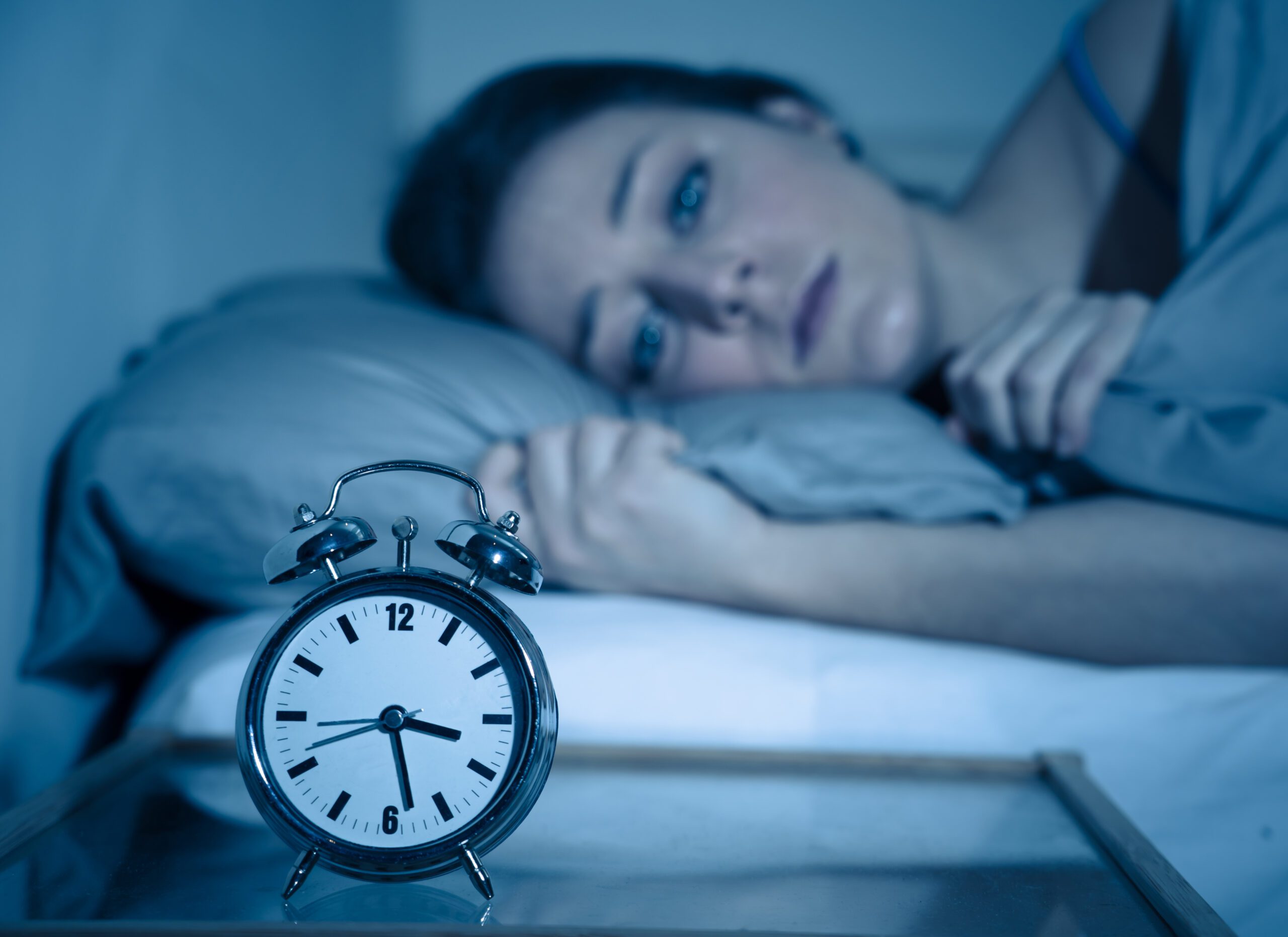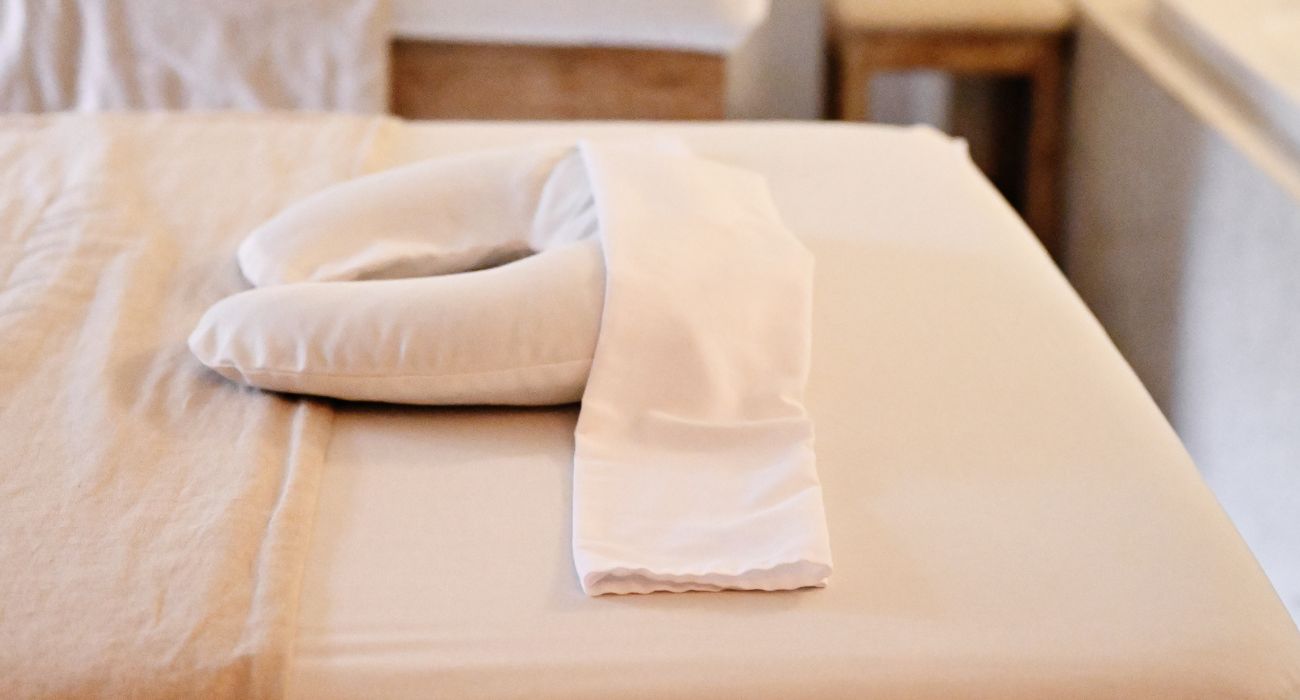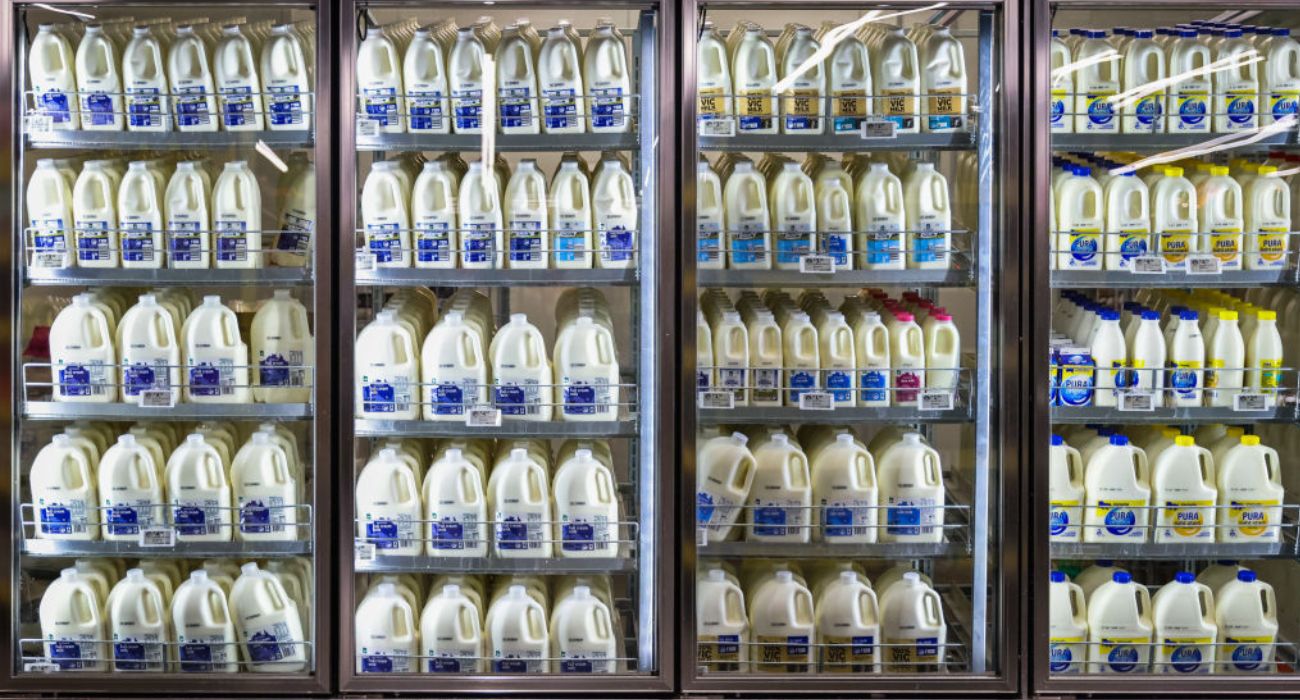Despite sleep being crucial for our overall health, up to half the world’s population does not get enough of it.
Tossing and turning all night can lead to a host of negative health outcomes, including diabetes, high blood pressure, depression, obesity, and cardiovascular disease. Never mind that poor sleep can heighten the risk of having an accident.
While caffeinated beverages such as tea or coffee are staples of modern-day life because of their stimulating and uplifting effects, these are both temporary and poorly understood scientifically. Researchers are looking into caffeine’s effects on sleep patterns and REM sleep.
One study out of the University of California Los Angeles (UCLA) studied how daily caffeine intake impacted the brains and behaviors of a group of mice with microchips affixed to their heads.
Published in PNAS Nexus last month, the study’s findings were multifold. First, the blood flow to the brain changed once the mice started consuming caffeine regularly. Under normal conditions without caffeine, the mice’s REM sleep was associated with significant increases in brain blood flow.
This might not be surprising, considering REM sleep is the stage of rest in which we dream the most. As such, it is at this stage that the brain processes emotions, forms memories, and more.
However, when given caffeine, the mice saw their brain blood flow increase at all stages of sleep and reduce when awake.
“We speculate that this increased brain blood flow could play a role in neuroprotective effects of caffeine by enhancing the clearance of brain waste during sleep,” explained Andrew Charles, professor of neurology at UCLA and one of the senior authors of this study, according to Medical News Today.
As previously reported by The Dallas Express, several benefits have been linked to consuming caffeine, including maintaining a healthy weight and improving liver function.
Another benefit of caffeine seen in the study, as Charles explained, was that the mice slept more soundly and even slept in. Without caffeine, the mice tended to take short naps during their awake phase, similar to a “siesta.” However, after caffeine was administered, the mice no longer took such naps and saw a roughly two-hour shift in their sleep schedule, affecting both the onset of sleep and REM cycle.
“For the majority of us who are not able to sleep later on most days, this delayed onset of sleep [due to caffeine consumption] could be disruptive, which may explain why, for some individuals, limiting caffeine to the morning hours is important to avoid [delayed] sleep onset,” said Charles.
This may be food for thought as data from the CDC revealed late last year that over a third of North Texans were not getting the recommended seven hours of sleep, as previously reported by The Dallas Express.






